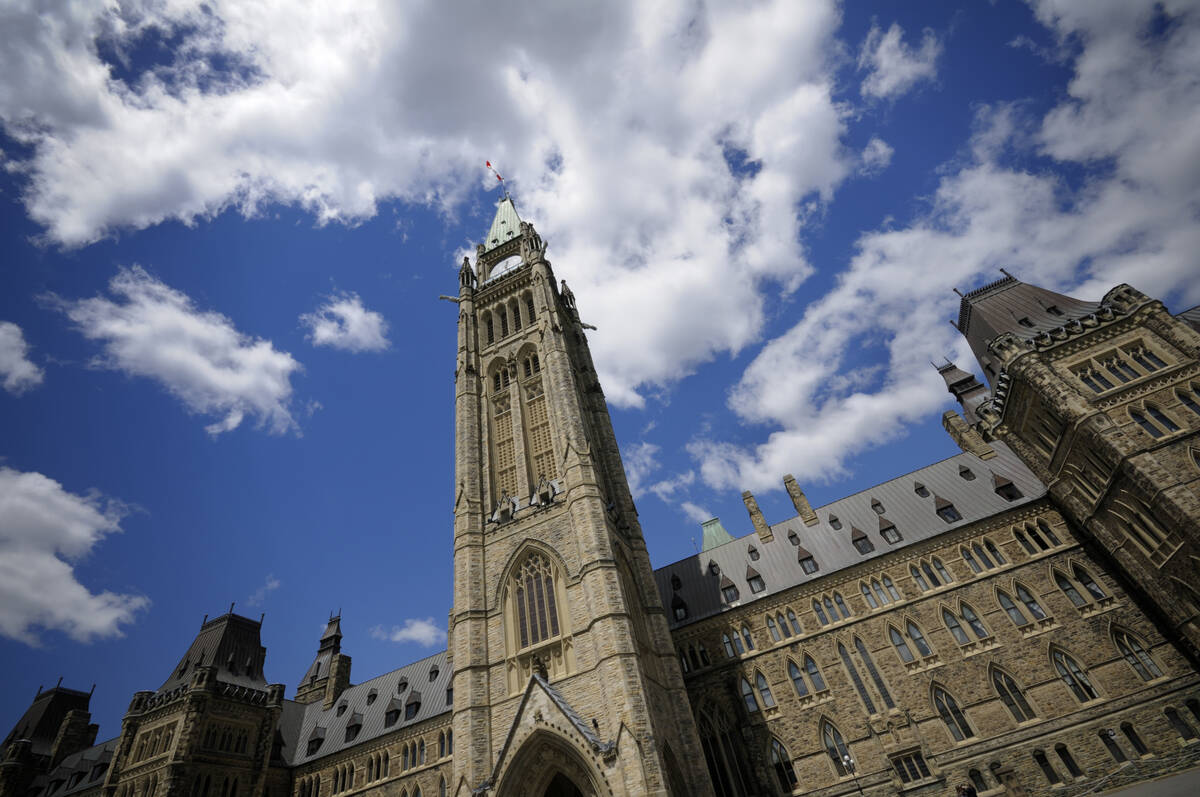Bari, Italy | Reuters – Group of Seven leaders have pledged to step up efforts against global malnutrition, according to a draft statement on Friday that noted Russia’s invasion of Ukraine had “aggravated” the world’s food problems.
The G7 Apulia Food Systems Initiative (AFSI) – named after the Southern Italian region hosting the leaders’ summit – will aim to “overcome structural barriers to food security and nutrition,” according to the draft.
Read Also

Budget 2025 includes trade focus, boost for agriculture risk management
The 2025 budget includes several investments relevant to the agriculture sector, including new trade corridors and financial supports for farmers
The initiative will focus on low-income countries and support projects in Africa, one of the top priorities under Italy’s rotating G7 presidency this year.
Prime Minister Giorgia Meloni announced a flagship Italian plan to help Africa earlier this year and has repeatedly said that support for the continent is essential to address the root cause of illegal migration to Europe.
The Western powers also committed to work together to “improve the fiscal space for food security” including by reducing borrowing costs for poorer nations via mechanisms such as debt swaps.
Debt-for-nature swaps are financial instruments through which a developing country’s debt is cut in return for protecting vital ecosystems.
The AFSI initiative, whose details will be agreed by G7 development ministers in the coming months, drew criticism from African agricultural groups who said they had not been consulted.
“It is missing family farmers organizations that have not been involved even though small-scale producers will be key to its success,” said Ibrahima Coulibaly, President of the West African Network of Peasants and Agricultural Producers.
“And it’s missing a plan to ensure that the finance raised gets to family farmers and supports a shift to more diverse and nature friendly approaches which are key to adaptation. The G7 urgently needs to fill these gaps.”










